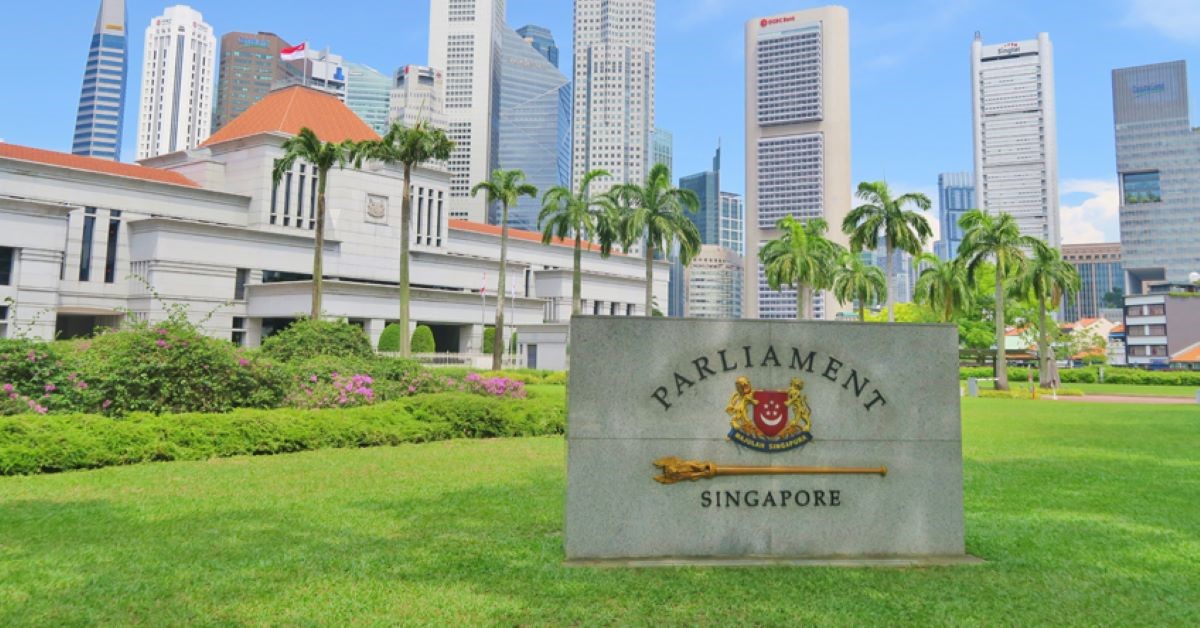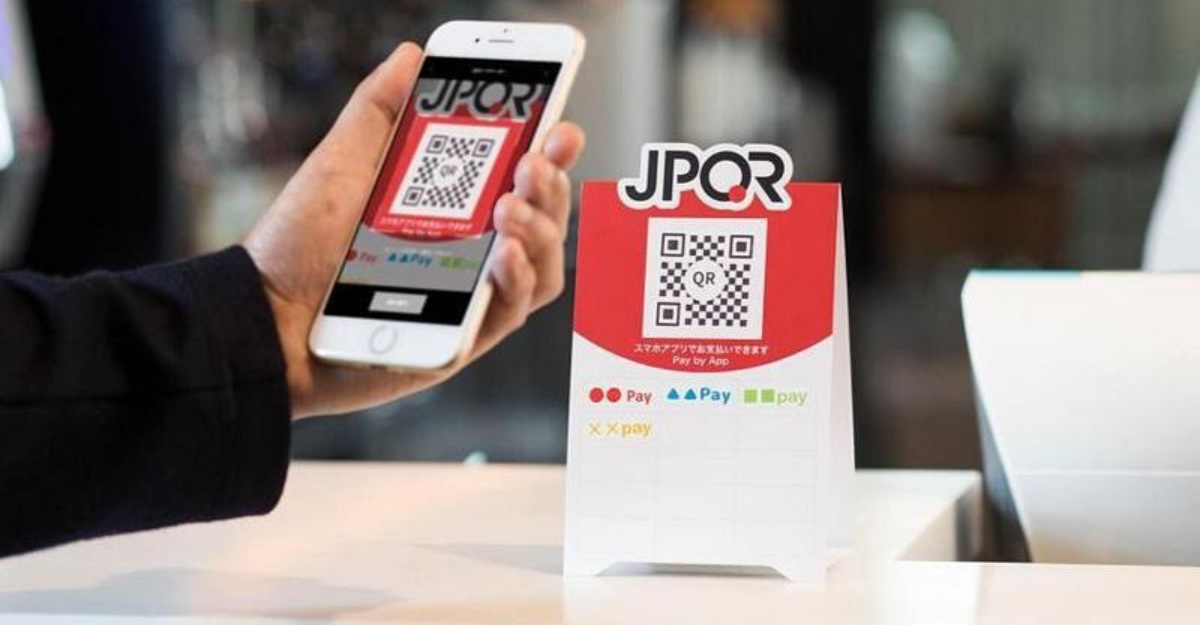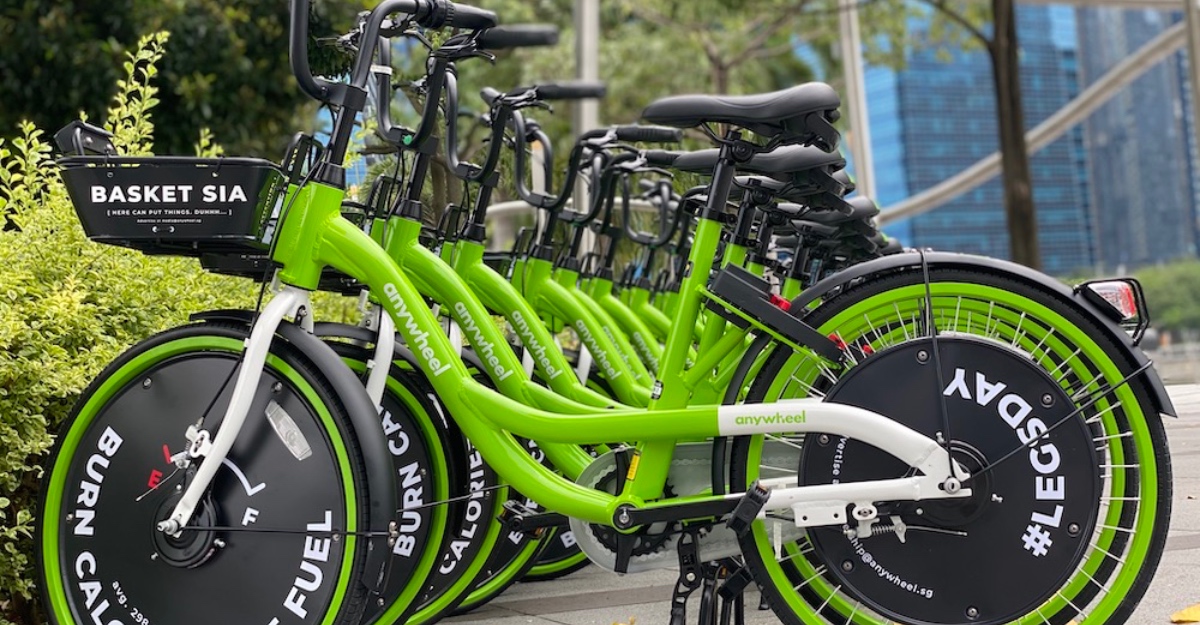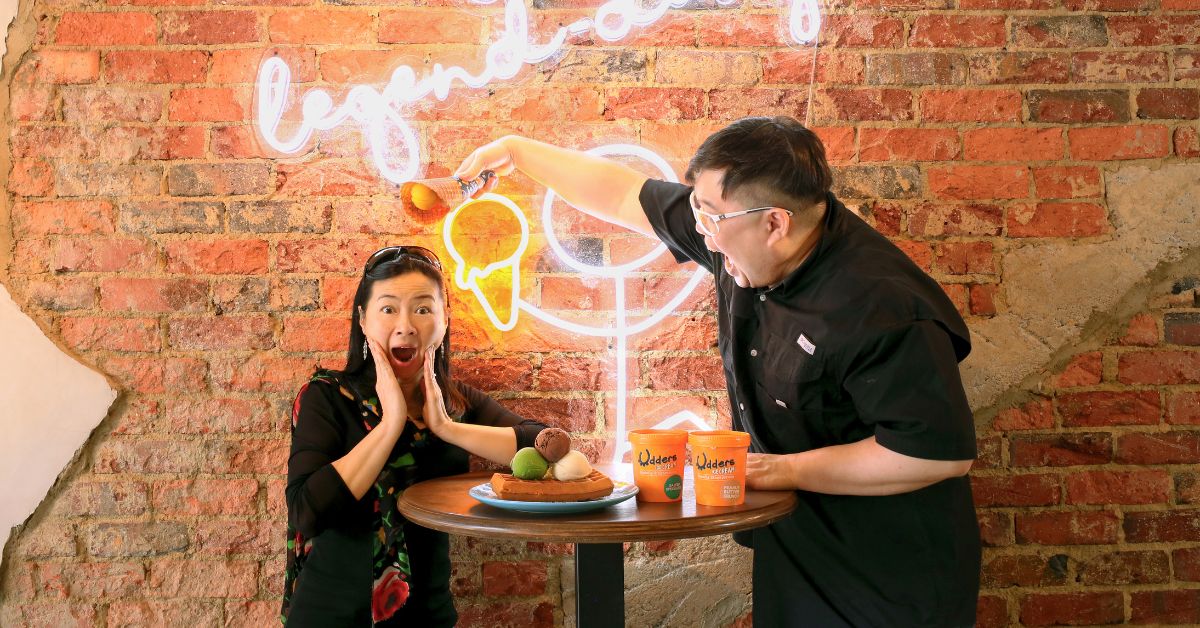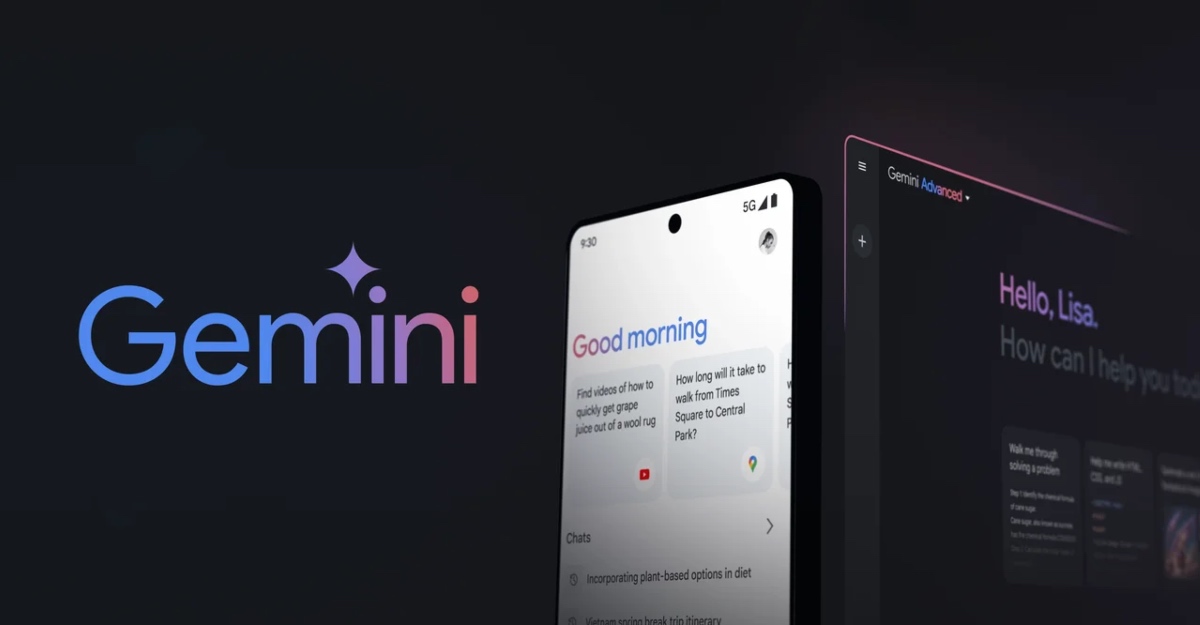In 2019, a study by tech company Kisi showed that Singapore came in 32nd among 40 cities on the list for work-life balance.
Singapore was also the second most overworked city out of the 40 in the list.
Another study showed that nearly 92 per cent of the 502 respondents surveyed were stressed from work, with 13 per cent saying that the stress was “unmanageable”.
The issue might become even more prevalent for some during the Covid-19 pandemic, as work-from-home has become the norm for close to half a year now.
Work days spill into dinnertime and nights, and it can be difficult to tune out from work when the chime of a new email continues to command your attention.
The issue of working after stipulated work hours was made prevalent by a high-profile incident involving former actress Sharon Au who had moved from Singapore to Paris two years ago.
Her colleagues in France had reported her to the human resources department for contacting them about work-related matters after office hours.
In France, laws are put in place to give employees the right to disconnect from work — this includes not receiving emails or text messages after office hours.
This beckons the question — can Singapore also implement such laws to protect the time of our stressed-out workers?
Maintaining A Competitive Economy

Last week, Zaqy Mohamad, Senior Minister of State for Manpower said that passing laws to protect workers’ time might be “too rigid”.
Many workers in Singapore are employed at companies covering different time zones, which might make it tough for such laws to be put in place.
Many global companies have their regional headquarters located in Singapore, sometimes it is necessary for employees to answer work emails or calls after working hours due to the time difference.
– Linda Teo, the country manager of recruitment company ManpowerGroup Singapore, in an interview with TodayOnline
A survey conducted by recruitment agency Michael Page in 2019 found that 70 per cent of Singaporeans responded to work calls and emails outside office hours.
Majority of them did so as they have responsibilities that require them to be contactable.
This also directly links to the competitive nature of Singapore’s economy.
This June, it was reported that Singapore retained its top spot as the world’s most competitive economy in the IMD World Competitiveness Ranking.
The ranking “analyses countries’ ability to generate prosperity” and noted that Singapore’s strong standing was due to “robust international trade and investment, employment and labour market measures.”
With Singapore being such a competitive economy, “bosses often expect immediate response from their staff when they want something done,” said Linda Teo, country manager of Manpower Group.
Manpower is one of Singapore’ core competencies, and putting in place regulations such as the “right to disconnect” might possibly erode the country’s competitive edge.
Singapore’s Workaholic Culture

Besides working long hours, Singaporeans also have less off days as compared to countries like Germany which has an average of 30 leave days.
But why do Singaporeans work so hard?
Erman Tan, former president of the Singapore Human Resources Institute told the South China Morning Post that it chalks up to “work culture and work behaviour”.
Singaporeans have long championed diligence, hard work and resilience as the sure-fire way to succeed.
This rhetoric remains the same in most workplaces and workers, where cultures largely revolve around performance.
Some Singaporeans might feel that they are losing out to colleagues in terms of opportunities for advancement if they were to work less.
Achieving A Work-Life Balance

In every society, work-life balance is important.
An enforcement of “right to disconnect” laws might also impede Singaporeans who prefer to have flexibility and do not want to work during the conventional 9am to 6pm.
Instead of implementing laws right away, the government has put in place an advisory on mental health that is due in the coming months.
Singaporean employers are currently advised to carry out efforts to ensure the mental wellbeing of staff, and refer them to external help if needed.
It is unlikely that the Singapore government will implement any “right to disconnect” laws in the near future.
Hence, at the end of the day, the onus is on employers to build a culture that does not demand for employees to be available at all times of the day.
Featured Image Credit: HealthHub

